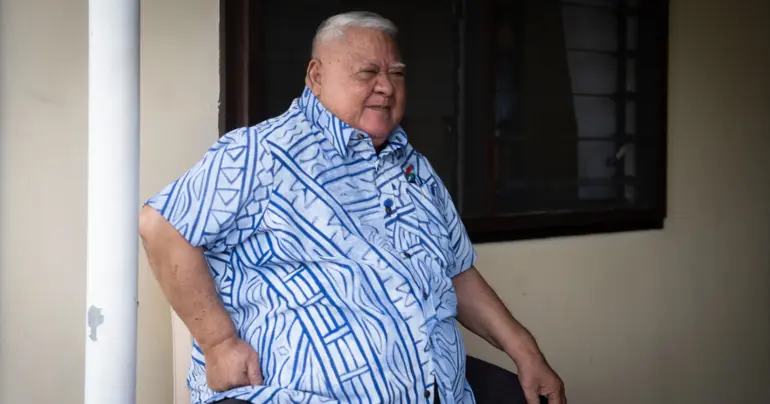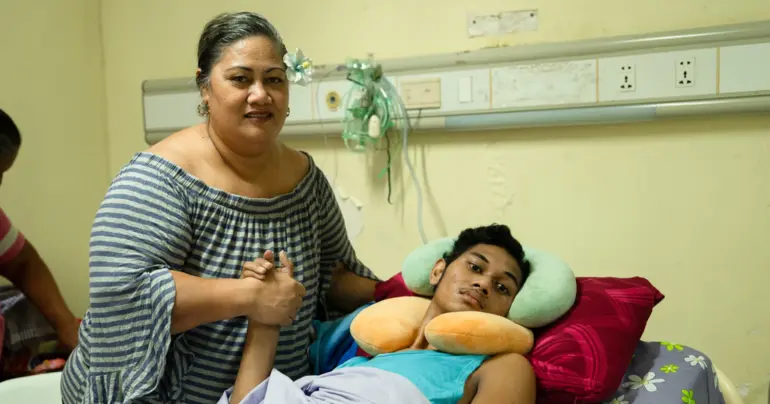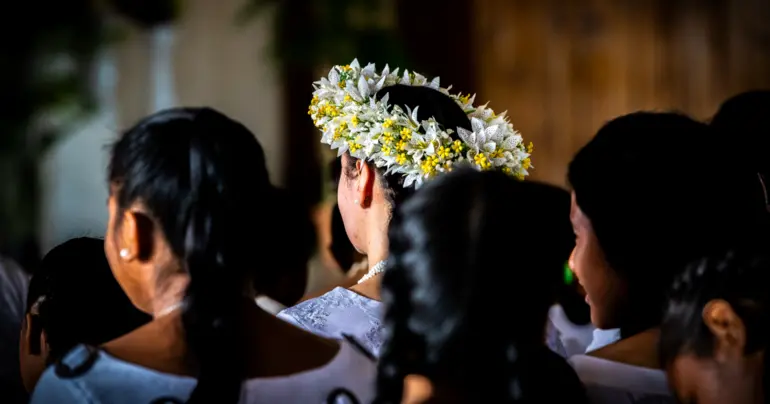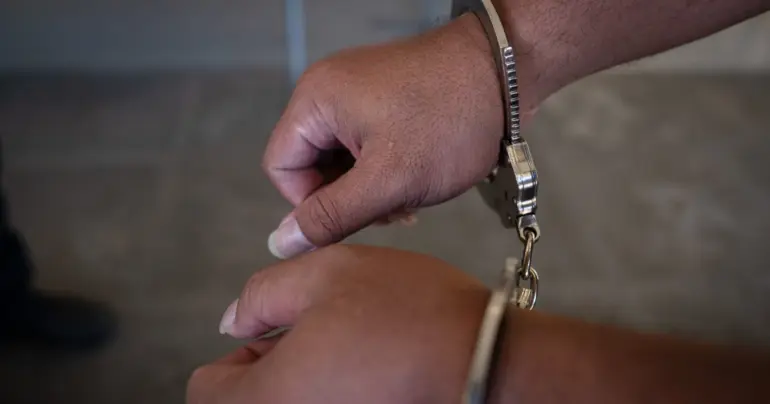Coronavirus testing should focus on individuals: scientist
 By Sapeer Mayron
•
19 October 2020, 10:00AM
By Sapeer Mayron
•
19 October 2020, 10:00AM
Communities like Samoa should still rely on testing at-risk individuals for COVID-19 rather than apply new technology like wastewater testing, Christchurch based microbiologist Dr. Brent Gilpin has said.
With no evidence of COVID-19 cases in Samoa so far since the country closed its borders and implemented mandatory quarantine for repatriated citizens and residents in March, targeted testing is more use than widespread surveillance, Dr. Gilpin said.
Dr. Gilpin is a science leader for the New Zealand Institute of Environment and Science Research, and is part of a team refining the process of finding COVID-19 in sewage.
When a genetic sample is found, public health officials can alert at risk groups in the area to take extra caution and to get tested for COVID-19, which can speed up controlling a potential cluster.
And while there is potential application for the method in Samoa, Dr. Gilpin said for now the process is too laborious, slow and expensive if it cannot be used for large enough groups of people.
“I think the true utility of it is probably going to come when we are opening up more widely and there is a lot more movement,” he said.
“Particularly for the next pandemic, testing sewage can be used to monitor if there is something coming at a time when people don’t want or are not willing to get tested themselves. It’s a first warning, that actually we found something in the sewage and we need people to get tested.”
To test sewage, the researchers take 50 milliliters of sewage from a given site every 15 minutes and then test the days’-worth composite after 24 hours, with additional testing to further confirm whether a positive result is correct.
The next stage in the research is to set up an infrastructure that samples appropriately across the country so that it can actually pick up any potential outbreaks.
“We can only test half a litre of sewage at a time, and in New Zealand there is about a billion liters of sewage a day so sampling that appropriately is quite a difficult challenge.”
What will continue to be useful is close communication between New Zealand and Samoa with the former looking to be the main entry point into Samoa in the future.
As New Zealand continues to take in its citizens and residents from around the world who arrive into managed isolation with the virus, keeping Samoa informed about the situation will be important.
“Provided they are contained in the quarantine facility it doesn’t pose an additional risk.”
And as rapid tests for the virus antigens become cheaper and more accessible it will be a better way to test targeted groups for the virus.
“Testing people who have been at risk or with minor symptoms enables you to isolate them as soon as possible rather than testing the sewage on a small scale.
“The sewage comes into its own when you have a much larger group of people. A large hotel could be something where you could test the sewage which would give you a signal to go in and test more on people if you get a positive result.”
Tags
 By Sapeer Mayron
•
19 October 2020, 10:00AM
By Sapeer Mayron
•
19 October 2020, 10:00AM











